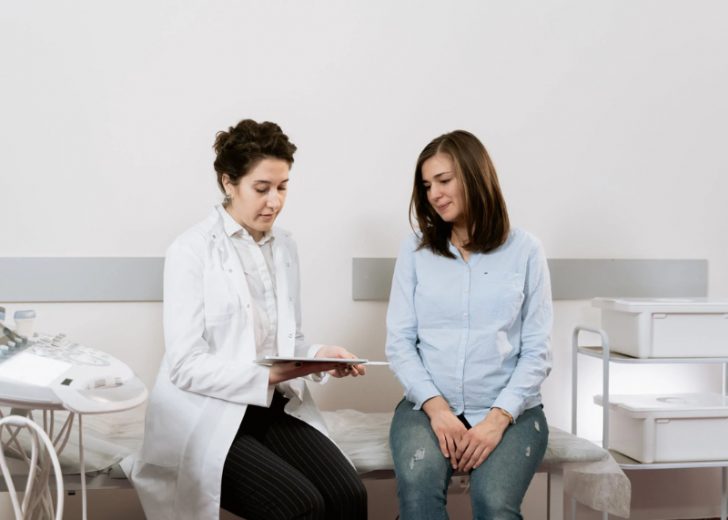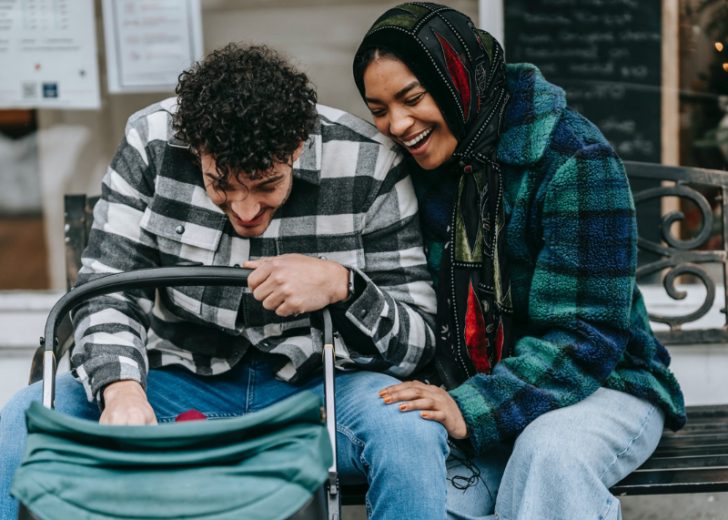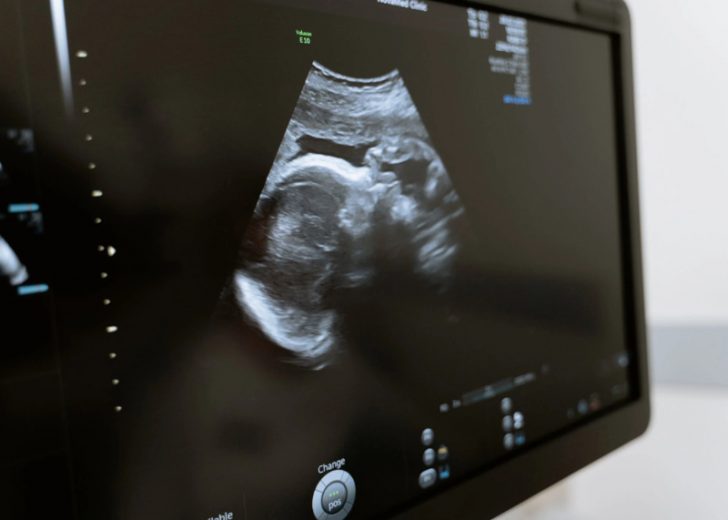Abortion Rights Left to Individual States

After weeks of speculation, the Supreme Court decision limits access to abortion, denying millions of women the fundamental constitutional right over their own bodies. For about fifty years, the right to abortion access provided women a choice. Tragically, the U.S. Supreme Court’s ruling to overturn it, ends federal protection for these rights and hands these over to elected representatives; but this hides severe repercussions, including financial, health, and emotional for American families especially women. The SCOTUS decision on Dobbs vs. Jackson Women’s Health Organization was tragic. The single clinic in Mississippi which still provides abortions, challenged this 2018 state law banning abortions after 15 weeks of pregnancy. The clinic argued that the law opposed rights determined by the Roe ruling. State laws will determine access to legal abortion and decide on pregnancy terminations. Some states severely limiting abortions, refuse them in even cases involving indecent assault, incest, or if the foetus has abnormalities, and leads to forced closure of specialized abortion clinics.
Negative Consequences and Inequalities

The ruling has negative consequences for pregnant people with increased risk of health issues, (both physical / mental), when denied abortion besides increased risk to infant health. The Turnaway Study, followed 1,000 U.S. women that received or were denied an abortion for five years. Results showed that more women denied abortion were living in poverty after having the child than those who had an abortion. Unfortunately, women who denied abortion were also worse off with respect to education, physical and mental health. This study shows that low-income families would prefer to keep the child when they were denied abortion instead of giving away the child for adoption and poor families have kids before they’re ready. The states restricting abortion have extensive black populations. Roe’s demise forces people seeking abortions in states where unavailable legally, to travel huge distances to reach the closest town with a legal provider. However, about 25% of very vulnerable and poor women, cannot reach a provider.
Fear of Vigilante Stake-outs
For some women, crossing the state line for an abortion exposes them to criminal proceedings if the anti-abortion activists identify them, using surveillance and data collection systems. Vigilantes already stake-out abortion clinics in some states. Anyone terminating an unwanted pregnancy can avoid clinics by taking abortion pills to end the pregnancy discreetly at home. The WHO says that these pills are effective and safe and are widely prescribed by doctors in the USA. This ensures a less expensive method to terminate an unwanted pregnancy rather than costlier surgical procedures.
Health Dangers for Self-Managed Abortions

Doctors fear that desperate women may opt to self-manage abortions. Global organizations researching and supporting abortion rights showed that in a group of transgender, non-binary, and gender-expansive people in the USA, 20 % tried to self-manage an abortion. The Supreme Court decision is devastating with far-reaching consequences for millions across the country. This ruling reveals how important it is to elect pro-choice and progressive candidates in November 2022, who will protect rights of all Americans. This attack on fundamental rights needs to be countered to ensure access to safe and legal abortions. Overturning Roe v. Wade cannot end abortions in the USA, but will lower their number. Women in states that prohibit them will look for unsafe solutions.




